
Beef Cattle
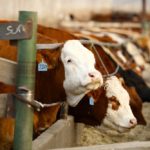
Klassen: Feeder market experiences fortuitous bounce

COVID-19 strains already-battered Ontario beef industry
Limited processing capacity remains financial challenge for province's feedlot sector, despite recent increase in retail demand
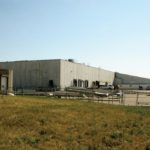
Alberta’s Harmony Beef halts slaughter on positive COVID-19 test
CFIA pulls inspectors after plant employee tests positive

Ranchers talk turkey about purebred bulls
Two seedstock bull producers share how they develop marketable breeding males
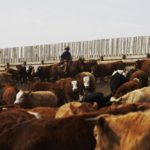
Klassen: Feeder market remains vulnerable
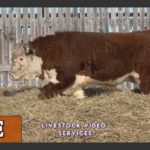
COVID-19 shifts bull buyers online
As auction marts move to curb the disease's spread, technology is connecting buyers and sellers
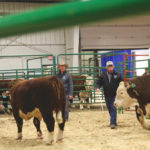
COVID-19 shifts bull buyers online
As auction marts move to curb the disease's spread, technology is connecting buyers and sellers.

Beef sector mobilizes against supply disruptions
Keeping border open, meeting demand for beef are top priorities

COVID-19 pandemic sees cattle markets plunge
The Markets with Deb McMillin, from the April 2020 issue of Canadian Cattlemen

Scours in calves
Scours is a common illness in young calves. Understand the causes and effects of this disease to treat and prevent it



